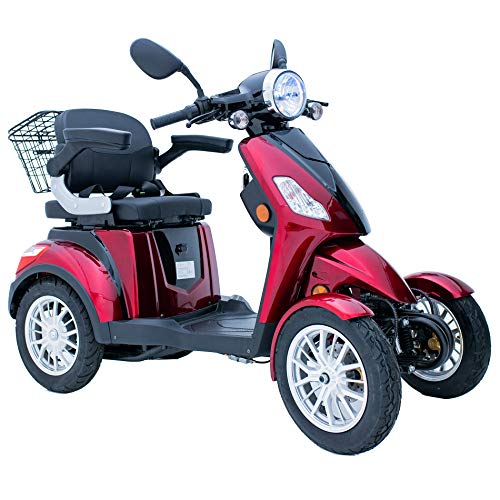What Is Personal Transportation?
Private transportation refers to the use or private transportation vehicles. This includes cars, bikes, scooters unicycles, micromobility devices. It can also be referring to the use of public transportation systems.
Private transport is a great way to save time and get to where you want to get to. Plus, it's more comfortable and offers an element of privacy that is not available in public transportation.
Cost
The expense of personal transportation can be a major burden for many families. This can make it difficult for them to invest or save money in other areas. The price of fuel can also be an expense that is significant. The good news is that there are ways to lower your costs for transportation, including by using public transit or carpooling.
Despite all the advantages however, many people still prefer private transport to commute. They consider it the most convenient and comfortable way to travel. You can also opt to have their own chauffeur for their journeys. The cost of this kind of transportation is usually higher than public transportation, but it can bring more peace of mind and security.
In the near future personal transport will likely be more electric, as EVs make use of advancements in battery technology and charging infrastructure. Additionally, small electric mobility scooter will have lower emissions than traditional vehicles and be more accessible. This makes it easier to switch from gasoline to electric vehicles. This will lower GHG emissions as well as traffic congestion.
Public transport has many benefits and can be a great alternative to private transportation. Mass transit is cheaper and eco-friendly than private vehicles. It is also easy to use and comes with cameras to ensure passenger security. It can also assist passengers avoid parking charges and maintenance. The main downside of public transportation is that it can occasionally be slow and unpredictably. small electric mobility scooter can also be challenging to travel with children or elderly people. This can result in delays and missed appointments with doctors.
Time
The time it takes to complete a personal transport task can impact the lives of people. For example, commuting to work can take too much time for those with busy schedules. It is possible to cut down on the amount of time they have to travel by taking a carpool at home, working from home, or staying near to their job. You can also save time if you walk or ride a bicycle instead of driving.
The advancement of new technologies could revolutionise the personal transportation field. Electric vehicles with solid state batteries are one example. They offer greater range and faster charging times. These technologies also enhance safety and lower traffic congestion through optimised traffic management. Autonomous vehicles are a further technology that makes travel more convenient and comfortable. They can also help people maintain their fitness by keeping them active.
Privacy
Privacy is an essential element of personal travel. People who want to keep their privacy in mind prefer to drive or ride in their own vehicles rather than on public transport where they share space with strangers. Public transport is also perceived as less secure and could affect your personal safety. This is especially true for elderly people, who are more prone to safety concerns.
Privacy issues are an issue for parents traveling with children. Being in the same space as other passengers can be a stressful experience for children, and could cause behavioral issues like aggression and hyperactivity. Parents are increasingly opting for private transport to protect their children’s privacy. a knockout post will also lessen the stress of travelling with children, and the amount of time spent on commuting. This can help to reduce the cost of childcare.

Convenience
Personal transport is a vital aspect of daily life, but the choice you make can have a significant impact on your health and wellbeing. Before deciding on the most appropriate mode of transportation for you it is crucial to weigh the pros and cons.
Some people prefer public transit, which is usually cheaper than private transportation and requires less maintenance. It also has a lower environmental impact, as it emits less carbon dioxide per person. You can also save on parking and fuel costs, and have more convenience and flexibility on your daily commute.
Public transport is not always reliable and can pose some risks. You could be a victim of criminals or be unable to reach your destination in time due to weather or mechanical issues. Numerous train and bus routes can be crowded and make it difficult to move around.
On the other the other hand, private transportation is a great way to travel around in peace and comfort. Private transportation is faster than public transportation, and you avoid crowds when you travel in a private vehicle. It is also more convenient to use a private vehicle than one that you drive because you can select your own route.
Despite these benefits, the majority of people choose to make cars their primary mode of transport. This can be because they are more comfortable, or simply because they have a higher resale value. In the future, we can expect a major shift in personal transportation as electric vehicles (EVs) become more affordable and easier to charge.
Researchers at MIT conducted a study to determine what factors influence peoples' modal choices. They found that while the safety aspect is important, it does not play a significant influence on modal choices. In fact, the most important factors are availability, speed and cost. This is similar to previous studies on modal selection and will likely to continue in the near future. Similarly using a battery technology that uses solid state batteries could further increase the efficiency of EVs, making them to travel farther distances using the same amount of power.
